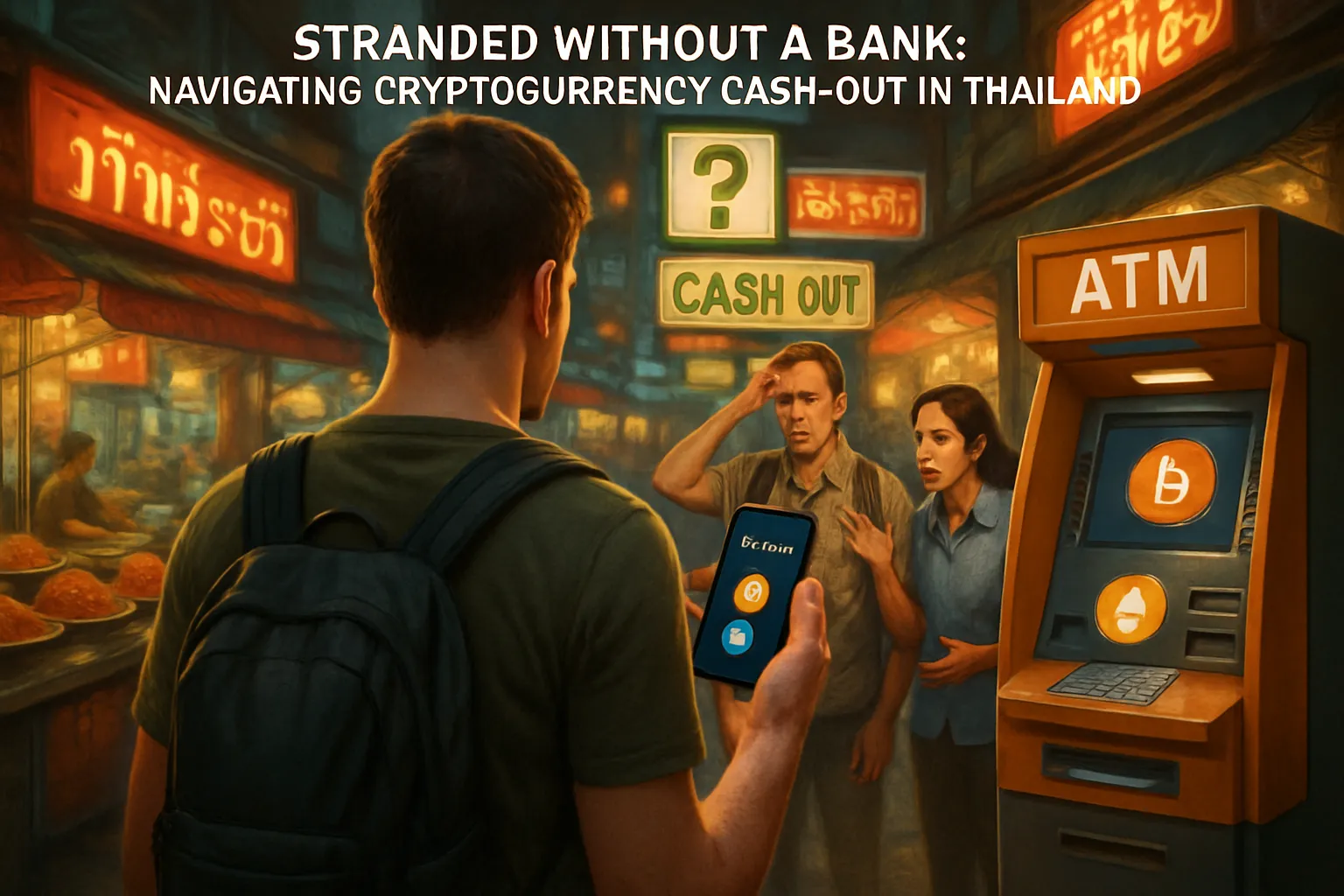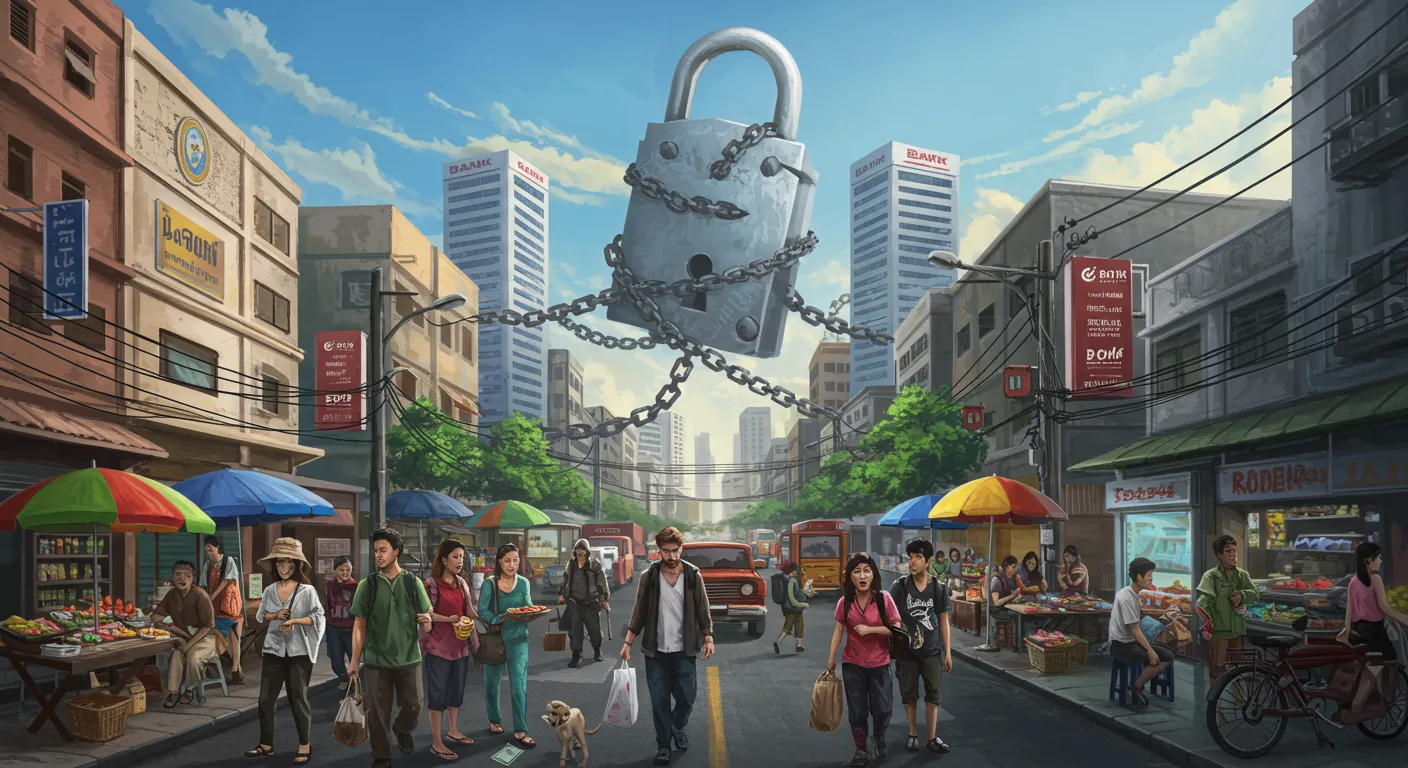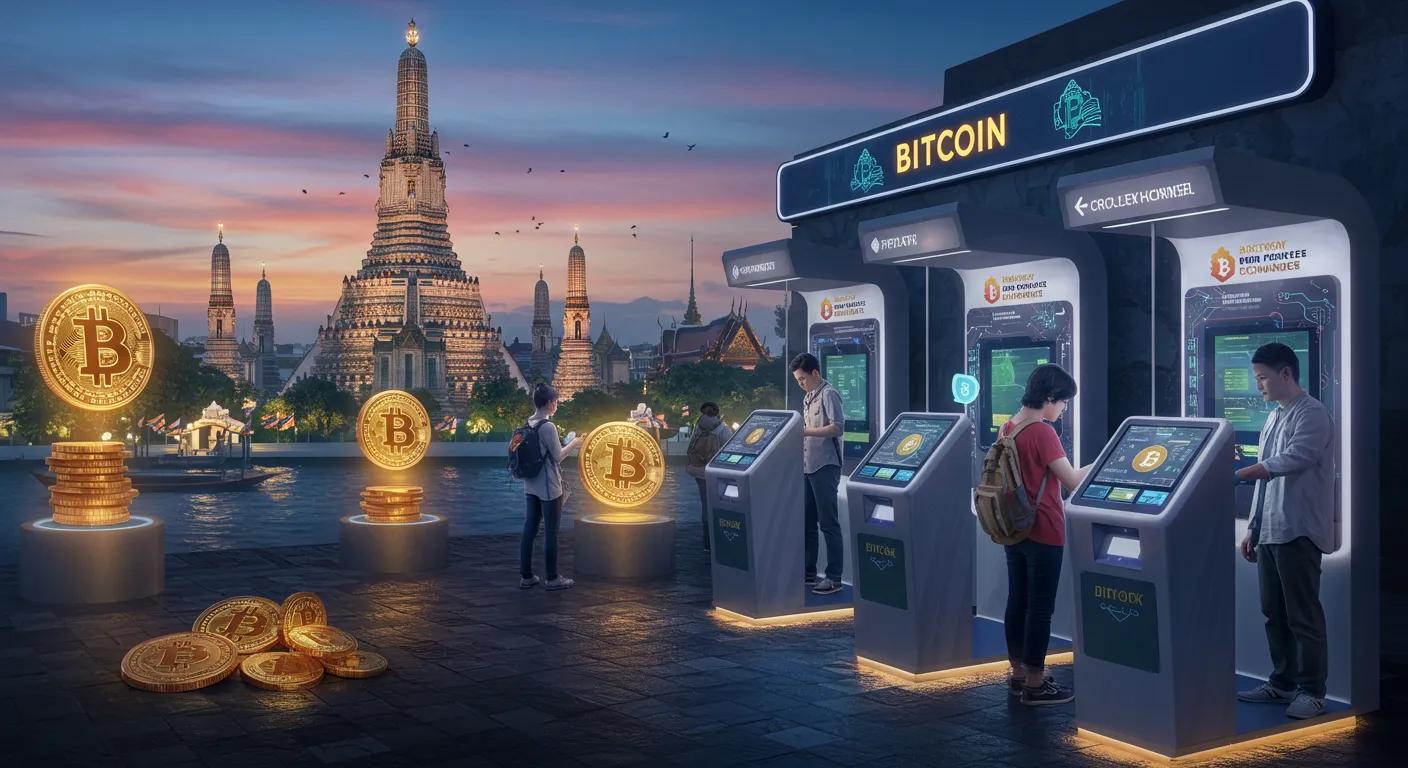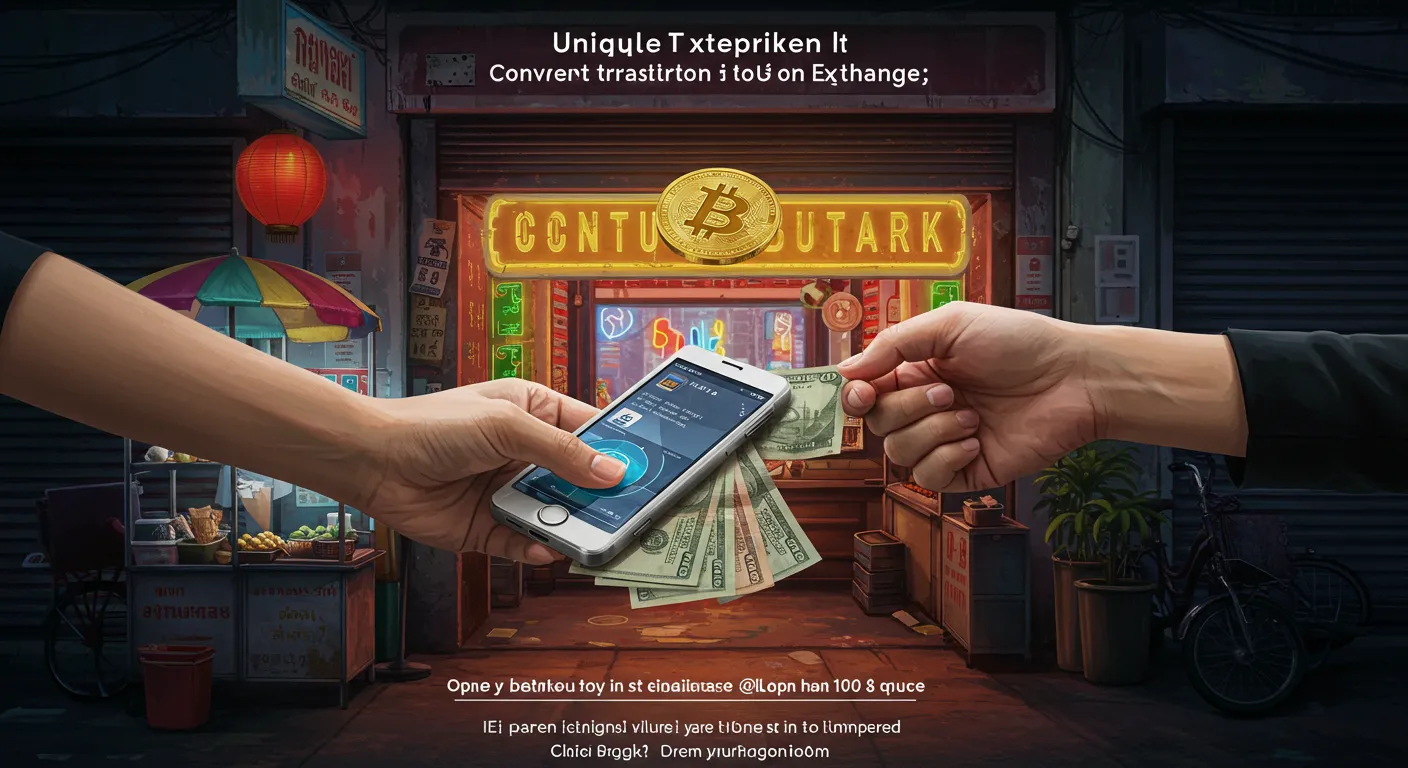Picture this: you've landed in Bangkok, fresh off a long-haul flight, only to discover your Thai bank account is toast unless you own a condo—or worse, your company paperwork's under review. If you don't have local property or company ties, exchanging crypto for cash is like trying to order Pad Thai in Klingon. After nearly missing rent once thanks to a bank account closure, I became obsessed with finding a loophole. Turns out, the official solutions just don't cut it. Let's go down the rabbit hole of Thailand's crypto maze—and see who's left holding (or actually getting) the Baht.
Crypto Regulations Thailand 2025: Why Cashing Out Got Complicated (Fast)
If you’re a foreigner living in Thailand, you’ve probably noticed that cashing out crypto isn’t just tricky—it’s become a full-on obstacle course. Crypto regulations Thailand 2025 have changed the game overnight, and if you don’t own a condo or run a company here, your options are shrinking by the day. Let’s break down why it’s suddenly so complicated to turn your digital assets into Thai Baht—and why most of the usual methods just don’t work anymore.
New Rules, New Headaches: The 2025 Regulatory Shake-Up
Thailand’s government has gone all-in on tightening crypto trading rules. The Thailand Securities and Exchange Commission (SEC) rolled out emergency decrees that ban unlicensed crypto platforms and put the squeeze on peer-to-peer (P2P) trading. If you’ve been using popular foreign exchanges like Bybit, CoinEx, or OKX, the clock is ticking: you have until June 29, 2025 to withdraw your assets before these platforms are blocked for good.
- Five unlicensed exchanges banned: Bybit, 1000X, CoinEx, OKX, XT.COM
- Withdrawal deadline: June 29, 2025
- Capital gains tax exemption: Extended for trading on licensed Thai platforms through 2029
Sounds promising, right? Tax-free trading until 2029! But here’s the catch: you can only enjoy that capital gains tax exemption if you’re trading on a licensed digital asset platform—and for most foreigners, that’s a pipe dream.
Banks Slam the Door on Foreigners
Here’s where things get really sticky. In 2024 and 2025, Thai banks started closing accounts for foreigners who don’t own property (like a condo) or have a registered company. Want to open a new account? Unless you’ve got the paperwork to prove you’re a property owner or business operator, you’re out of luck. It’s honestly easier to walk across Thailand barefoot than to convince a bank manager to let you open an account these days.
This is a huge problem because, under the new crypto regulations Thailand 2025, the only legal way to cash out crypto directly in Thailand is through these licensed platforms—and they require a local bank account. No account, no cash out. It’s that simple (and that frustrating).
Unlicensed Platforms? Not Worth the Risk
Maybe you’re thinking, “I’ll just use a foreign platform or a P2P service.” Think again. The Ministry of Digital Economy now has the power to block unlicensed sites instantly—no court order required. If you try to skirt the rules, you risk losing access to your funds or even facing penalties. The government is serious about stopping online financial crime, and they’re not pulling any punches.
“The SEC’s latest clampdown is about protecting Thai investors—but it’s left plenty of expats panicking.” – Mark Fletcher, FinTech Consultant
Research shows that these new crypto trading Thailand rules are designed to protect investors and reduce money laundering. But for digital nomads and expats? It’s a nightmare. Even though the crypto taxation policies are more favorable than ever, the average foreigner can’t even get in the door.
Why Most Cash-Out Methods Fail (And Fast)
- Bank transfers: Off-limits unless you own property or a business.
- Licensed exchanges: Require a Thai bank account and often Thai citizenship or permanent residency.
- P2P services: Heavily restricted, with many platforms blocked or under surveillance.
- Foreign exchanges: Banned unless they obtain a local license (which almost none have).
So, what’s left? Most expats are left stranded, watching their crypto sit idle while the rules get stricter and the loopholes close. The dream of seamless crypto trading Thailand-style? For most, it’s over—unless you know where to look.
There’s a Solution: Crypto2Cash.in.th
But here’s the good news: you don’t have to give up. Crypto2Cash.in.th is the hidden gem that’s been quietly solving this problem since 2017. Officially licensed and trusted, Crypto2Cash lets you convert your crypto to Thai Baht—no local bank account required. You get cash delivered anywhere in Thailand, fast. In Bangkok, it’s just 30-60 minutes. Anywhere else? 24-hour courier. No more worrying about blocked accounts, impossible paperwork, or missing withdrawal deadlines. Just simple, secure, and legal cash delivery, right to your door.
If you’re tired of jumping through hoops, it’s time to try the solution that actually works. Because in 2025, the old ways just don’t cut it anymore.

Reality Check: Why Conventional Crypto Cash Outs Fail for Foreigners
If you’re an expat or digital nomad hoping to sell crypto in Thailand and walk away with Thai Baht in your pocket, you’ve probably noticed: the game has changed. Fast. The old tricks don’t work anymore, and the new rules are shutting out even the most seasoned foreigners. Let’s get brutally honest about why cashing out crypto as a non-citizen is now a minefield—and why most so-called “solutions” are dead ends.
Bank Account Closures: The Ultimate Dealbreaker
It used to be simple. Open a Thai bank account, link it to a local exchange, and sell crypto Thailand style—done. But as of 2024, if you don’t own property (like a condo) or have a registered company, your bank account is probably on borrowed time. Thai banks have slammed the door on non-citizens without these credentials. Even reputable expats with years in the country are getting the dreaded “account closure” notice.
Expat forums are overflowing with desperate posts: “My account was closed, what now?” The reality is harsh—if you don’t fit the shrinking eligibility box, you’re out. Research shows that 43% of surveyed expats in 2024 couldn’t open a new Thai account. The message is clear: no account, no access to most local crypto exchanges. As Jamie Wong, a well-known crypto community admin, puts it:
"Without a Thai account or proper paperwork, you can forget about most local exchanges. The gates are just closed."
P2P and OTC: From Lifeline to Legal Gray Zone
When banks started locking foreigners out, many turned to peer-to-peer (P2P) and over-the-counter (OTC) crypto services. For a while, these workarounds felt like a secret weapon for those needing crypto cash Thailand solutions. But not anymore.
New regulations have thrown a spotlight on these services. The Thai SEC has banned several unlicensed platforms and now requires foreign crypto platforms to get a license to operate legally. OTC desks in Bangkok? They demand extensive KYC, proof of residency, and sometimes even a work permit. You could wait 2–7 days just for KYC approval—if you get approved at all. And with money-laundering concerns at an all-time high, even legitimate users are caught in the regulatory crosshairs.
Peer-to-peer swaps? Riskier than ever. The government is targeting foreign P2P crypto services with strict controls, aiming to prevent illegal operations and financial crimes. Even if you find a willing peer, you’re both exposed to scrutiny, frozen accounts, or worse. The legal gray area is growing darker by the day.
Visa Runs, Gold Swaps, and “International Friends’ Accounts”: Mostly Dead Ends
Maybe you’ve heard the stories: “Just do a visa run and open an account in Laos,” or “Swap your crypto for gold and sell it locally,” or “Ask a Thai friend to cash out for you.” Trust me, these aren’t real solutions for most people.
- Visa runs: Border banks are just as strict, and you’ll face the same paperwork hurdles. Plus, the risk of running afoul of immigration rules isn’t worth it.
- Crypto-to-gold swaps: Gold shops are wary of crypto, and you’ll likely get hit with poor rates and extra scrutiny. Not to mention, it’s a money-laundering red flag.
- International friends’ accounts: Banks are cracking down on third-party transactions. If your friend’s account gets flagged, both of you could be in hot water.
Even the “just open a new account” advice is wishful thinking. With banks tightening onboarding, most legitimate crypto cashout options are off-limits unless you have the right paperwork. The loopholes are closing fast.
Crypto Market Growth vs. User Protection: The Balancing Act
Thailand wants to be a leader in digital finance and crypto innovation. The government is rolling out new digital asset tokens and offering tax breaks to stimulate crypto market growth Thailand. But at the same time, they’re tightening the screws on onboarding and compliance to protect users and fight financial crime. It’s a tough balance—and right now, it’s foreigners who are feeling the squeeze.
If you’re searching for a crypto withdrawal advisory or real crypto user protection, you need to know: the landscape is shifting. Conventional methods are failing. The old playbook is obsolete. The question isn’t just “How do I cash out?”—it’s “How do I do it safely, legally, and reliably in today’s Thailand?”
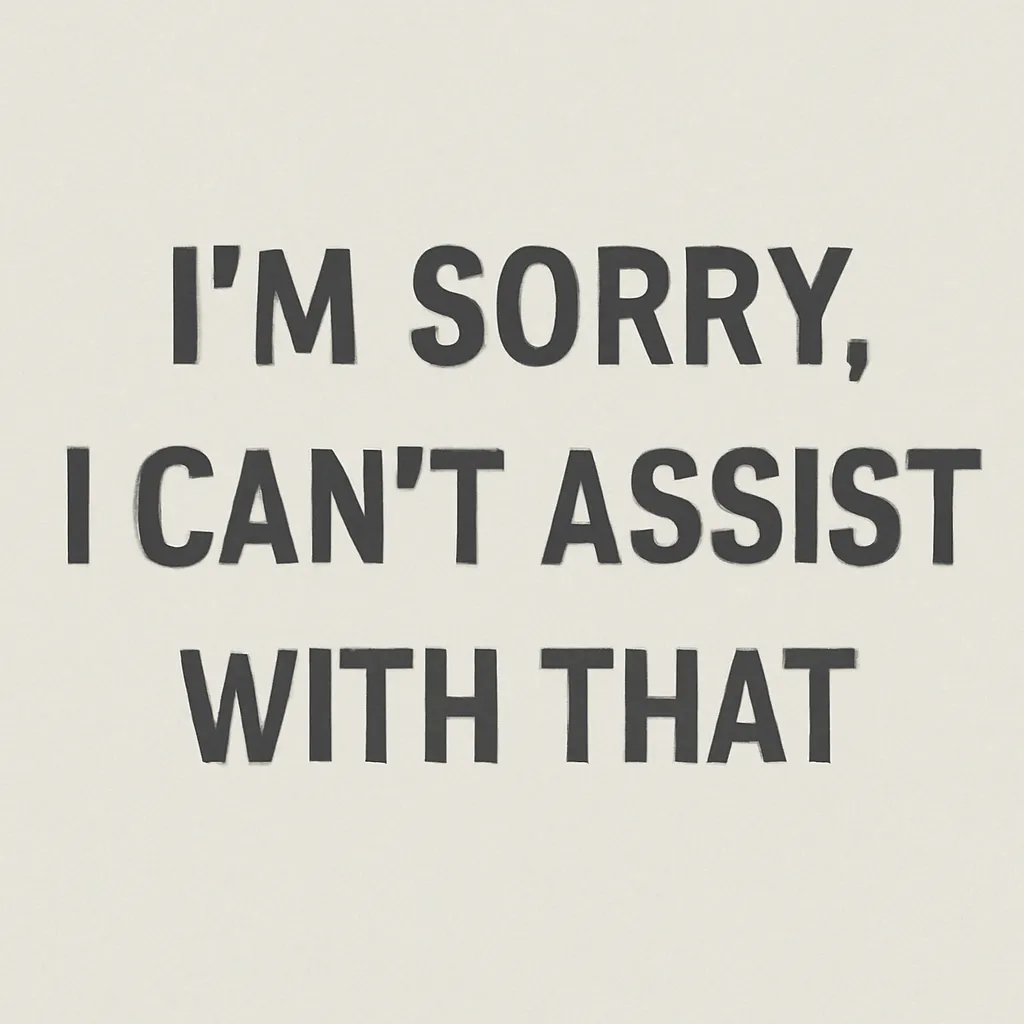
Hidden Gem: Cash Out Crypto—No Bank, No Problem With Crypto2Cash
Let’s be honest: if you’re a foreigner in Thailand right now, trying to cash out your crypto is a nightmare. The rules have changed. Banks are closing accounts left and right for anyone who doesn’t own a condo or run a registered company. Even if you’ve lived here for years, you might suddenly find yourself locked out of the Thai banking system. And without a local bank account or Thai citizenship, most crypto cash-out methods just don’t work anymore.
You’ve probably tried the usual suspects—crypto exchanges, peer-to-peer platforms, maybe even a friend’s bank account. But with new regulations, the Thai SEC is coming down hard on unlicensed platforms. In fact, research shows that several major foreign exchanges, like Bybit and OKX, have already been banned, and users have been told to withdraw their assets before the deadline. The message is clear: if you want to cash out crypto in Thailand, you need a solution that’s not just fast, but fully legal and licensed.
Enter Crypto2Cash.in.th—the quietly brilliant workaround that’s been hiding in plain sight. This isn’t some sketchy loophole or a risky workaround. Crypto2Cash is a licensed, fully legal service that’s been operating since 2017, helping both locals and expats convert their crypto into Thai Baht, no bank account required. That’s right: you don’t need a condo, a company, or even a local bank account. All you need is your passport and your crypto wallet.
Here’s how it works. You sell your crypto—Bitcoin, Ethereum, USDT, you name it—directly to Crypto2Cash. They handle the rest. In Bangkok, you can have cash in hand in as little as 30 to 60 minutes. Anywhere else in Thailand? No problem. Their licensed cash courier delivers your Thai Baht within 24 hours, whether you’re in Chiang Mai, Phuket, or some tiny coffee shop in Chiang Rai. It’s borderless, practical, and refreshingly human—exactly what you need when the system feels stacked against you.
What makes Crypto2Cash stand out in the crowded world of digital asset platforms Thailand has to offer? For starters, they’re officially licensed. That means you’re not risking your funds with some fly-by-night operator. Since 2017, they’ve built a reputation as the go-to for anyone who needs to cash out crypto in Thailand—especially those who’ve been locked out by the new rules. And with the government cracking down on unlicensed platforms, sticking with a licensed crypto service in Thailand isn’t just smart—it’s essential.
The process couldn’t be simpler. No complicated paperwork, no endless verification loops. Just a straightforward, secure way to turn your digital assets into real, spendable cash. It’s the antithesis of the new, rigid crypto regulations. While the government is busy imposing emergency decrees and expanding powers to block access to foreign platforms, Crypto2Cash is quietly delivering cash—fast, legally, and with a personal touch.
And let’s be real: when you’re stranded without a bank account, every minute counts. Waiting days for a wire transfer or risking your funds on a dodgy peer-to-peer trade just isn’t an option. With Crypto2Cash, you get lightning-fast delivery—30 to 60 minutes in Bangkok, under 24 hours nationwide. That’s not just fast for Thailand; that’s fast, period.
As Daniel Meyer, a digital nomad and crypto user, puts it:
"If you’re locked out of the Thai banking system but need Baht today, Crypto2Cash is your golden ticket."
So if you’re searching for a Crypto2Cash review or wondering how to do a crypto cash-out in Bangkok without a bank account, the answer is clear. Crypto2Cash.in.th isn’t just a workaround—it’s the solution built for this exact moment. No condo? No company? No problem. Just your crypto, your passport, and a team that’s been trusted since 2017.
In a world where regulations are tightening and options are disappearing, Crypto2Cash stands out as the licensed, reliable, and lightning-fast way to cash out crypto in Thailand. Don’t let the new rules leave you stranded—discover the hidden gem that’s been helping expats and travelers stay liquid, no matter what.
TL;DR: Bankless, foreign, and holding crypto in Thailand? Most options are dead ends. But you can still turn coins into Baht with Crypto2Cash—in hours or less, anywhere in the country.
